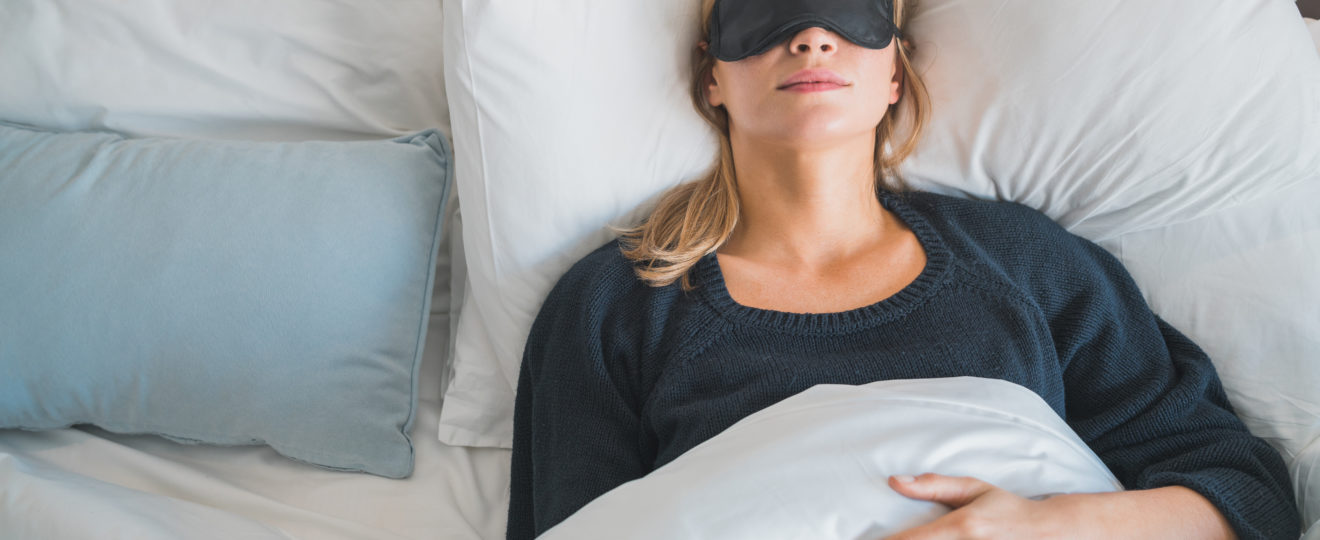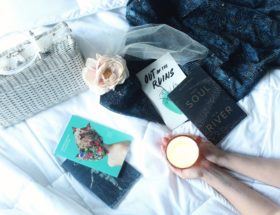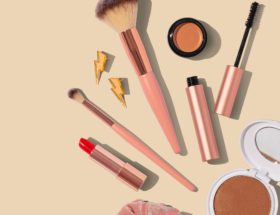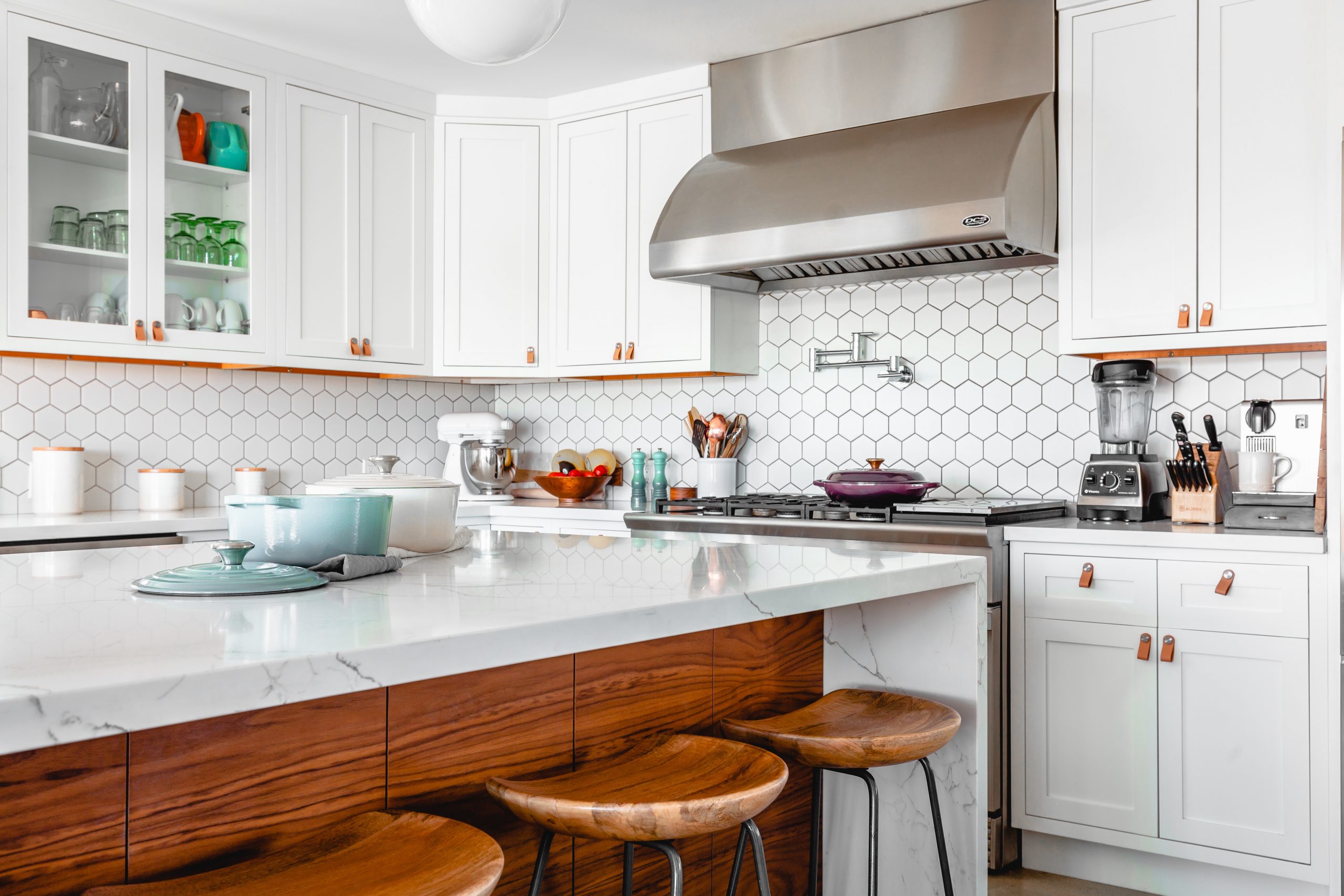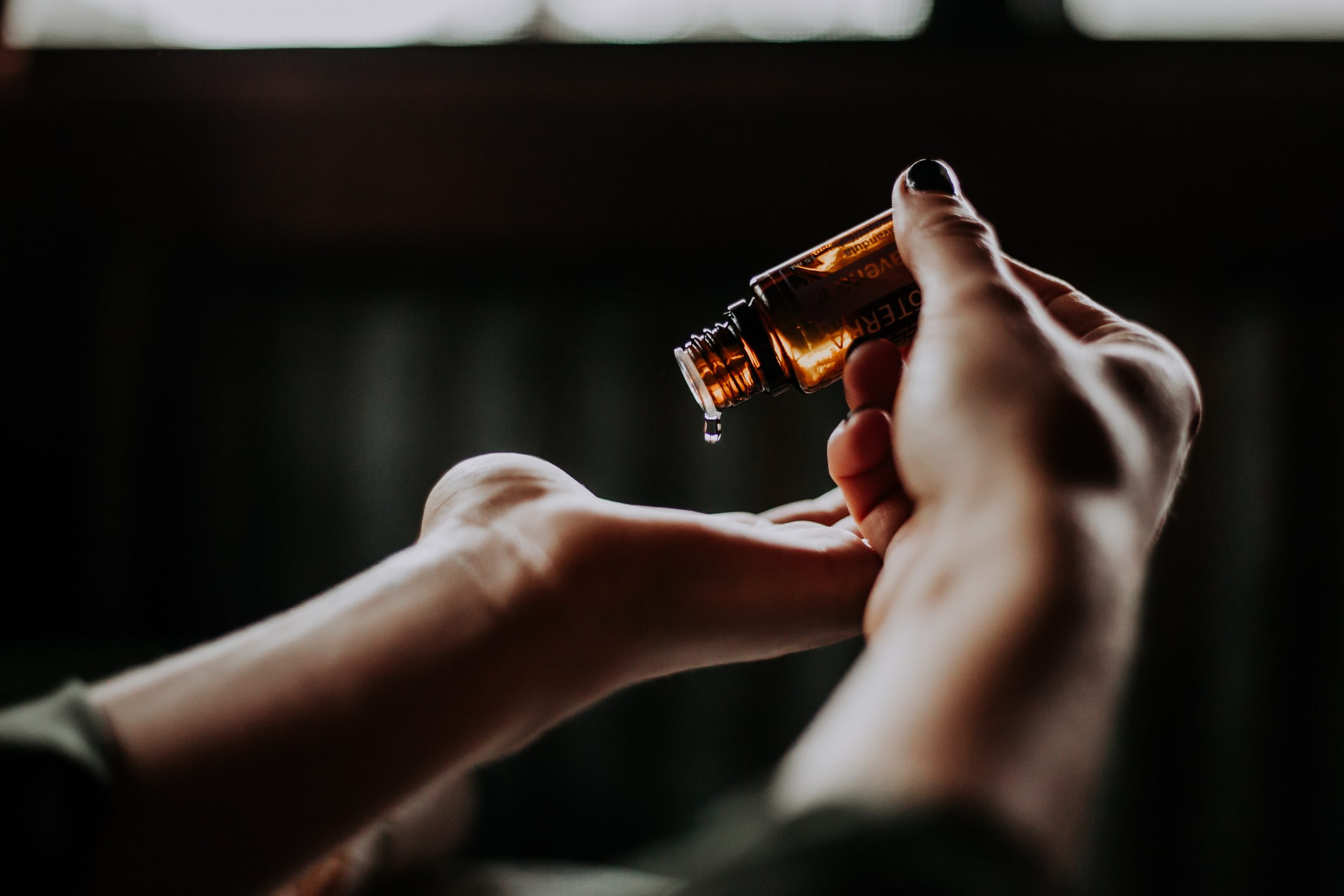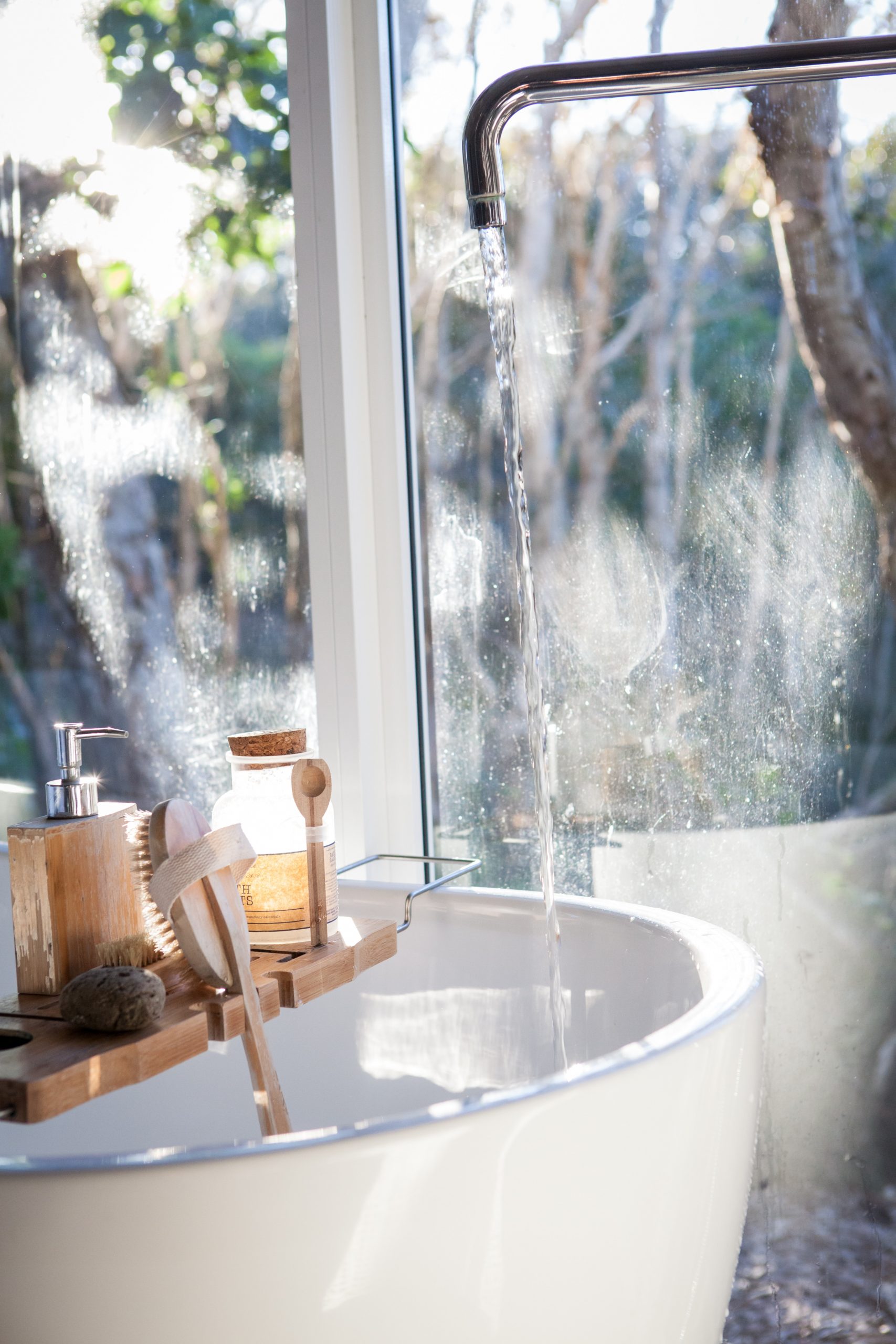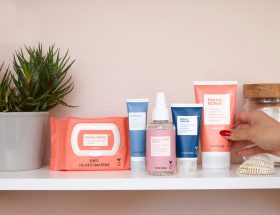Sleep is one of the most important aspects of our health, and yet it is often one of the first things to go when we are feeling overwhelmed. We might think that we can get by on just a few hours of sleep each night, but over time, this can take a serious toll on our health. So why does sleep have to be so important? During sleep, our bodies can finally take time to rest and rejuvenate. Our cells repair themselves, our hormones balance out, and our brains process the information we learn during the day. Getting a good night’s sleep is super key for our mental and physical health. If you’re one of the millions of people who have trouble sleeping, you’re not alone. There are many things you can do to get better sleep at night. Keep reading to learn more.
Establish a Bedtime Routine
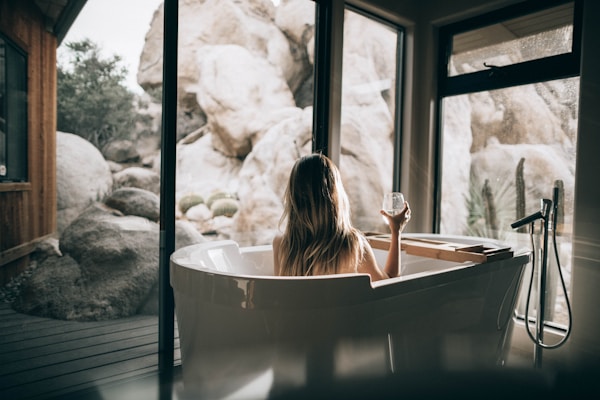
There are a few key things you can do to establish a bedtime routine and help get better sleep at night. First, try to go to bed and wake up at the same time every day, even on the weekends. This will assist your body and brain in getting into a routine, and you’ll be able to easily fall asleep. Third, relax before bed by reading or taking a bath. Baths soothe the body, so consider a Fresno tub replacement or one in your area. Finally, make sure your bedroom is dark and quiet so that you can fall asleep easily.
Pop Some Melatonin
Sleep is an important part of our lives, and it’s crucial that we get the sleep we need in order to function properly. For some people, getting a good night’s sleep can be difficult, but liposomal melatonin can help. The brain’s pineal gland produces melatonin. It helps to regulate the body’s circadian rhythm, which is the natural cycle of day and night that our bodies follow. Melatonin is also a powerful antioxidant, and it has been shown to have anti-cancer properties.
Use Your Bedroom for Sleeping Only
It can be difficult to get a good night’s sleep if your bedroom is also used for working or spending time on electronics. The National Sleep Foundation recommends using your bedroom for sleeping only–no work or electronics. This will help you associate the bedroom with sleep and relaxation, making it easier to fall asleep at night.
Avoid Caffeine and Alcohol
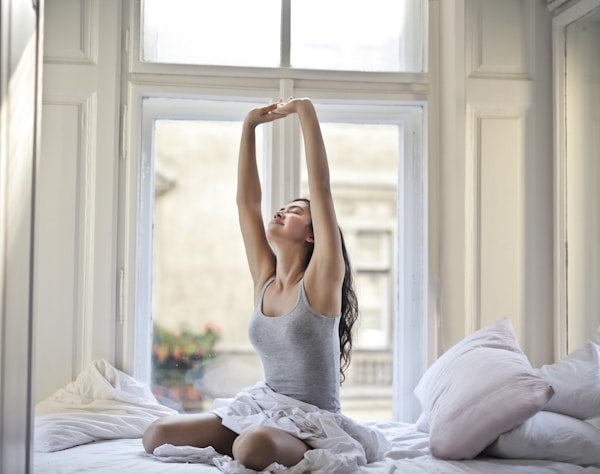
It’s no secret that caffeine and alcohol can have a negative impact on our sleep. But what are the specific effects of these substances on our slumber? Caffeine is a stimulant that can keep us awake by blocking the effects of adenosine, a chemical that promotes sleep. Consuming caffeine within six hours of bedtime can disrupt our sleep cycle and make it difficult to fall asleep and stay asleep. Alcohol is a depressant that can initially make us feel drowsy. However, after the initial effects wear off, it can actually disrupt our sleep cycle and lead to restless sleep. Alcohol can also cause snoring and other sleep disturbances. So if we want to get a good night’s sleep, it’s best to avoid caffeine and alcohol in the hours leading up to bedtime. Instead, try winding down with some relaxing activities, such as reading or taking a bath. And if you still have trouble sleeping, talk to your doctor about possible sleep disorders that may be causing your insomnia.
There are many important reasons to get better sleep at night. One of the most important is that it allows your body to rest and recharge. When you don’t get enough sleep, you can become irritable, have trouble concentrating, and feel tired throughout the day. Poor sleep can also lead to health problems such as weight gain, heart disease, and diabetes. Thankfully, there are many ways to get better sleep at night, such as creating a relaxing bedtime routine, avoiding caffeine and alcohol before bed, and using blackout curtains or an eye mask to block out light.
